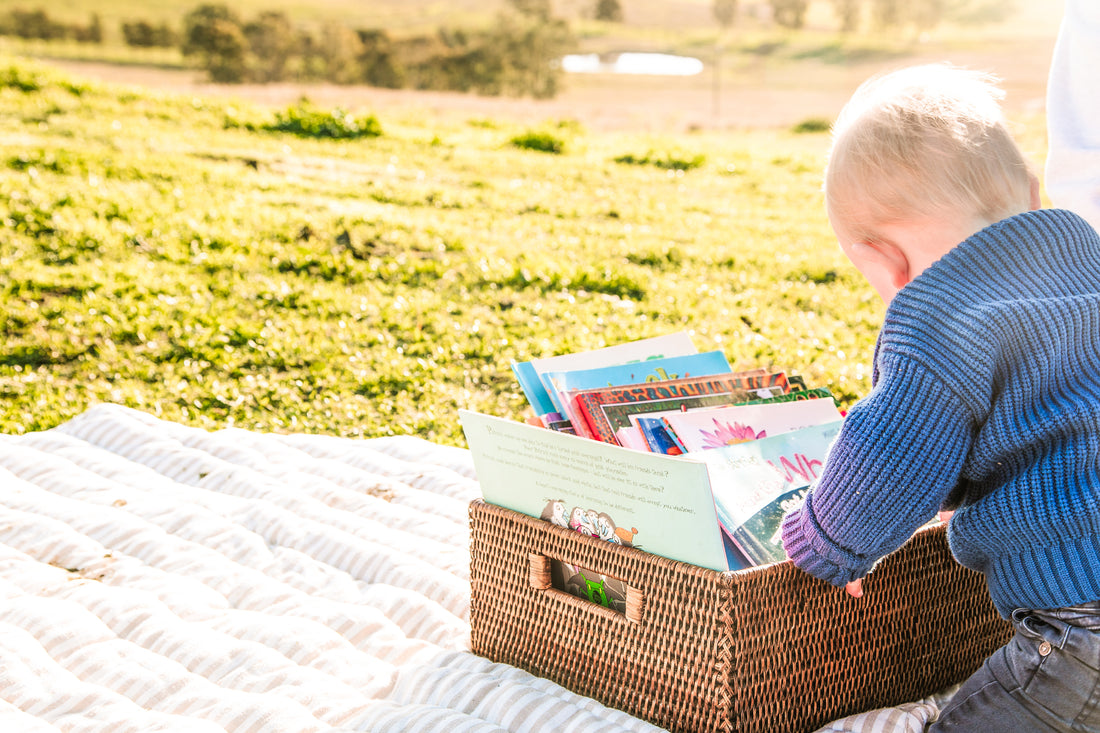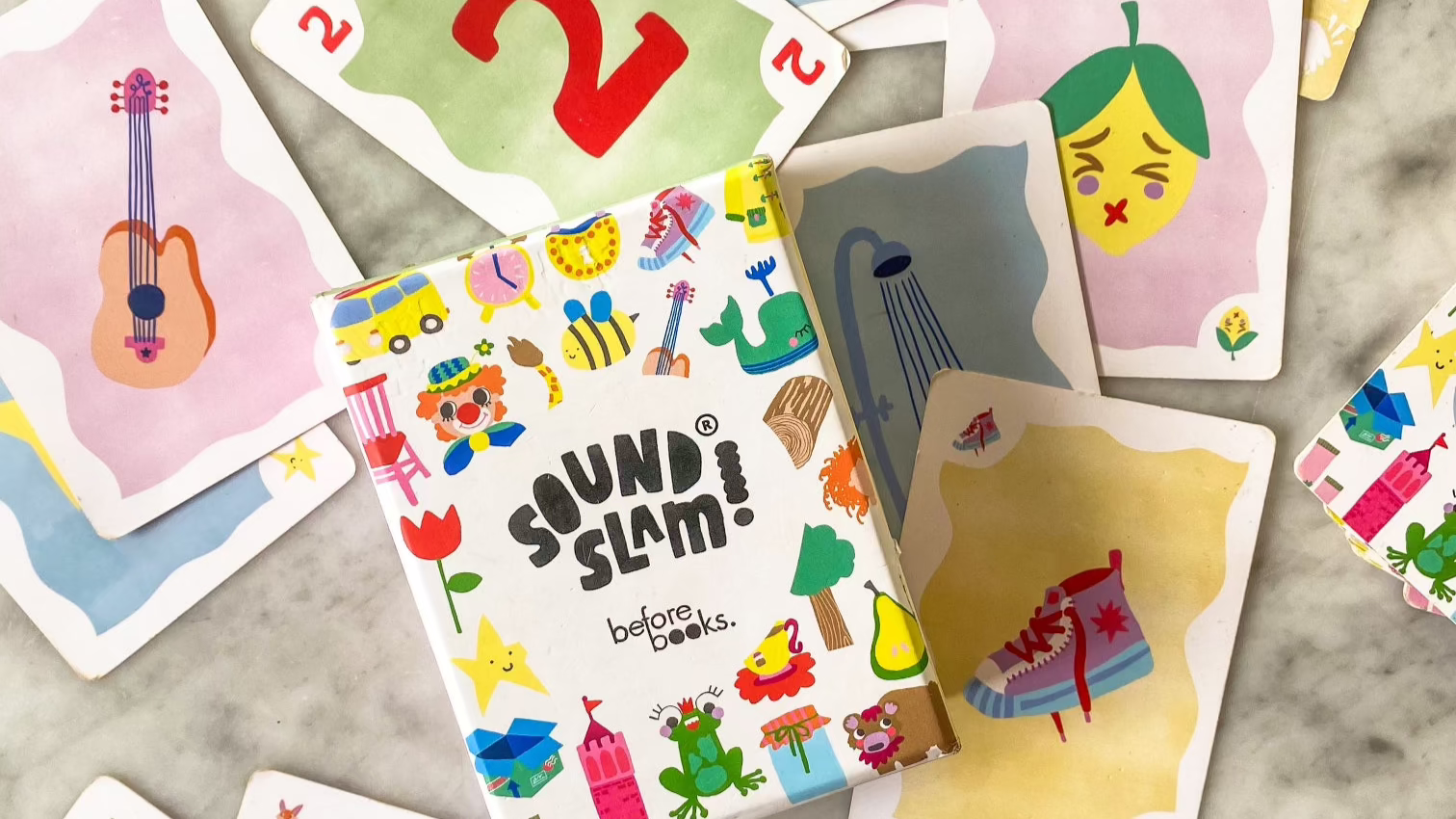
Let’s take a moment to talk about the state of reading in Australia. The Grattan Institute published a report in February 2024 called the Reading Guarantee. It revealed that 1 in 3 Australian school students are not meeting standard requirements in reading. 1 in 3!! In a standard class of 24 kids, that's 8 of them. That 1 in 3 gets worse in regional and remote areas and low socio-economic families but that doesn’t mean double income households have nothing to fret- many financially advantaged students are also behind. The Reading Guarantee reported that PISA (an international standardised reading assessment) results showed that, about one in four Australian 15-year-old students from advantaged backgrounds are not proficient readers. This problem is quite pervasive.
When families support learning, children do better in school, stay in school longer, and like school more (Henderson and Mapp, 2002). This support might look like staying abreast of what they are learning so you can build upon it as it may appear in context, expecting them to do well, helping them with things they find challenging. Involving yourself in your child’s education, supporting them and celebrating their wins has been linked to better behaviour, better social skills and bigger academic gains.
There is a trend that has been noted in schools called ‘The Matthew Effect’. It is a very sad bit of data that shows that students who start behind, tend to stay there and the gaps in student achievement widen over time. Basically the rich get richer while those who need further time for consolidation are sadly left to play catch ups for years to come. A huge blow to confidence and further learning potential.
Humans have been talking for millions of years but only reading for about 6000- a blip in time in evolutionary terms (Snow, 2020). Talking is innate, naturally picked up but reading is not. In learning to read we literally rewire our brains. It takes explicit instruction, lots of practice and parents and caregivers are a huge part of that.
Three of The Big Six of Reading (Konza, 2014) begin forming in early stages of a child’s life, long before teachers, curriculums and backpacks. Parents can absolutely move the needle with oral language, vocabulary and phonological awareness to make a measurable impact on their child’s ability to learn to read.
STANDING ON THE SHOULDERS OF GIANTS
Grattan Institute. (2024). The Reading Guarantee: How to give every child the best chance at success.
Konza, D. (2014). Why the "Fab Five" should be the "Big Six".
Snow, P. (2020). SOLAR: The Science of Language and Reading. Child Language Teaching and Therapy. Volume 37, Issue 3.
Henderson, A. T., Mapp, K. L. (2002). A New Wave of Evidence: The Impact of School, Family, and Community Connections on Student Achievement. Annual Synthesis.
